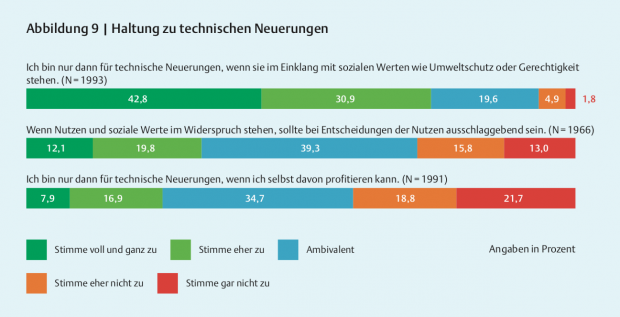Schon immer gab es Belohnungs- und Bonussysteme in der Wissenschaft – materielle Anreize (Gehalt, Bonuszahlungen) aber auch immaterielle Zuwendungen (Aufmerksamkeit, Ehrungen). Dabei ist es ja eines der grössten Privilegien überhaupt, mit eigener Vorstellung, Wissenschaft zu betreiben. Warum dann diese Anreize? Und warum einzelne Wissenschaftler besonders herausheben wo vieles nur noch im Team geht? So zu tun, als sei ihre Arbeit mehr wert als die anderer? Selbst wenn sie überhaupt nicht (mehr) mehr leisten, allenfalls ihr Institut? Sowohl was Intelligenz als auch was Motivation angeht, spielt sich hier sowieso alles im oberen Drittel der Gaußverteilung ab, von einigen extremen Outliern abgesehen, die einfach Naturtalente sind.
Robert Merton (1910-2003) hat sich schon 1968 darüber Gedanken gemacht “The Matthew effect in science: The reward and communication systems of science are considered“.
Der Effekt geht zurück auf das Gleichnis der anvertrauten Talente Silbergeld in Mt 25, 29. Drei Angestellte erhalten 5, 2 oder 1 Talent Silber (also bis zu 500.000€) und vermehren beziehungsweise bewahren das Silber auf, mit der Pointe Continue reading Bonus Systeme in der Wissenschaft
